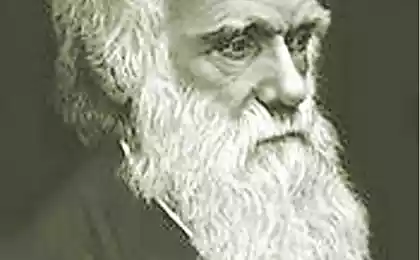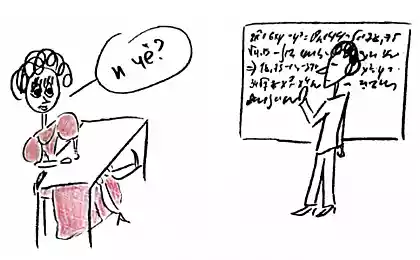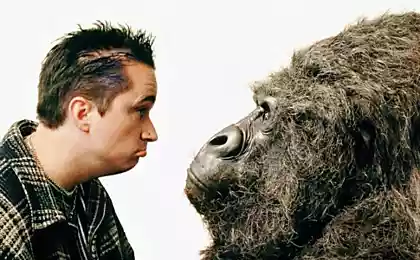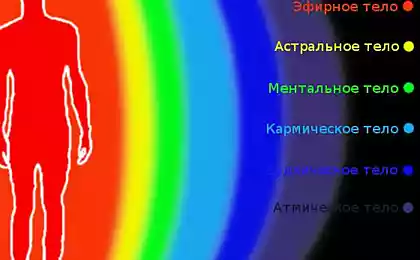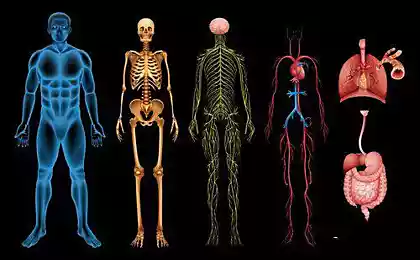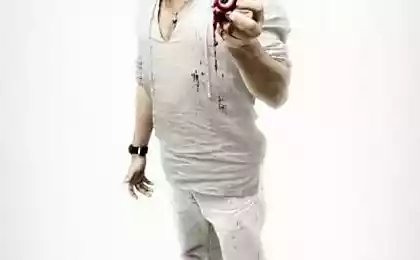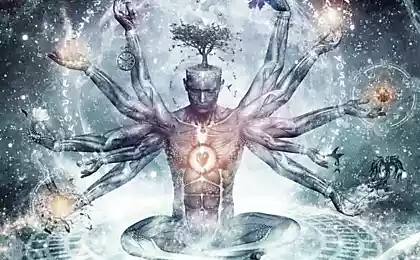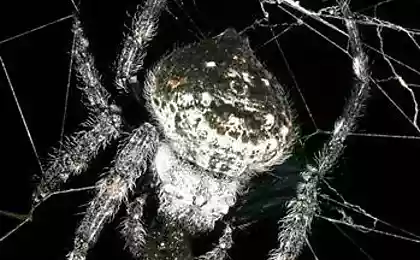150
This is the proof of Darwin's theory! 6 Organs You No Longer Need
There are organs in the human body that have lost their importance in the course of evolutionary development. This is rudimentary organs. The existence of such quirks of nature in our days is not justified, but is steadily duplicated from generation to generation. Although most of the rudiments are not needed, many continue to perform useful functions.
Editorial "Site" It will tell you which organs in the body are vestigial and connect modern man with his distant ancestors.
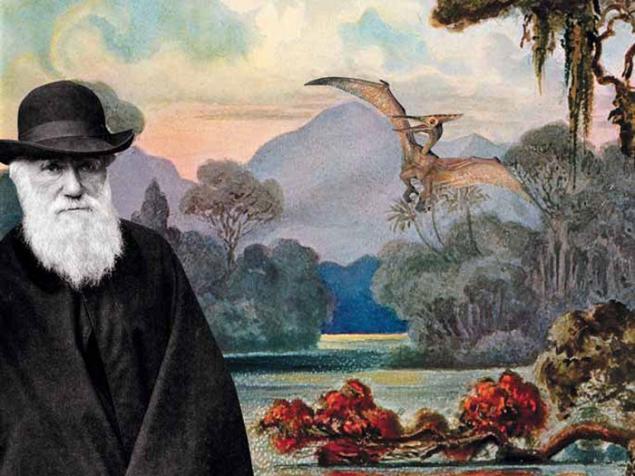
Rudimentary organs
It is unlikely that anyone will want to part with his appendix, if he is healthy. The same can be said for wisdom teeth. Nevertheless, to know about such quirks of your body is extremely useful!
Do not forget to share this informative article with friends on social networks.
Editorial "Site" It will tell you which organs in the body are vestigial and connect modern man with his distant ancestors.

Rudimentary organs
- Coccyx
The coccyx is nothing but a real tail! It was once an organ of balance and social signals. However, this rudimentary organ is no less important these days. Its anterior sections are necessary for attaching the muscles and ligaments of the small pelvis.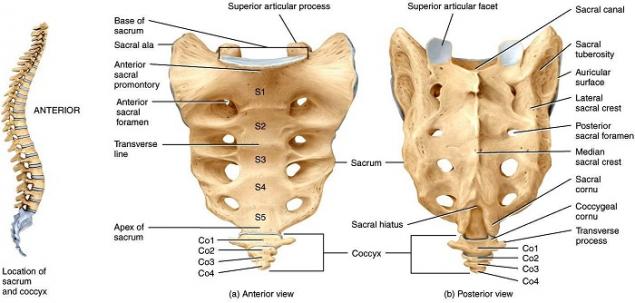
To the coccyx is attached part of the bundles of the large buttock muscle, which is responsible for the extension of the thigh. And the tailbone helps evenly distribute the load on the pelvis. It often happens that tail-end It's still on the tailbone. Fortunately, now you can easily and without consequences remove such an unpleasant vestigial.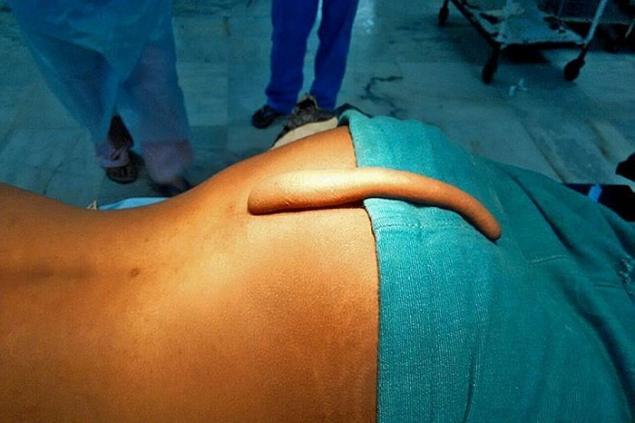
- Wisdom teeth
These nasty third molars constantly spoil the life of everyone indiscriminately. But they are the real vestiges. Statistics say that many children today are born even without the rudiments of the ill-fated “eights”.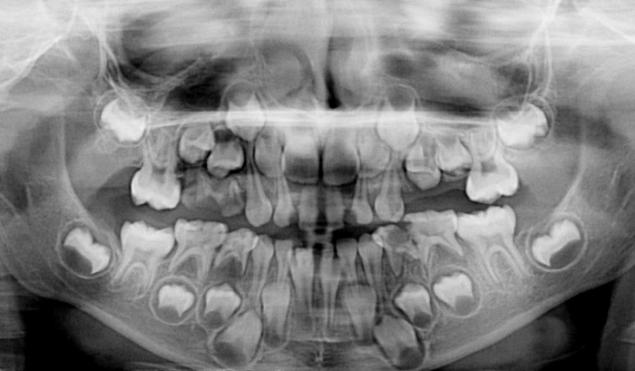
Once upon a time, when people ate hard food, the jaws were much larger, and the wisdom teeth were an extremely necessary organ that helped to better grind and chew food. Now, when food is subjected to heat treatment, and the jaws have become smaller, wisdom teeth now and then lack space in the dentition.
They grow as they please, interfering with general oral hygiene. They are often subjected to carious processes, and generally the first in the queue for removal. But if you're lucky enough to have a healthy eight, Don't rush them out.. In the future, they can become a reliable support for bridges, for example.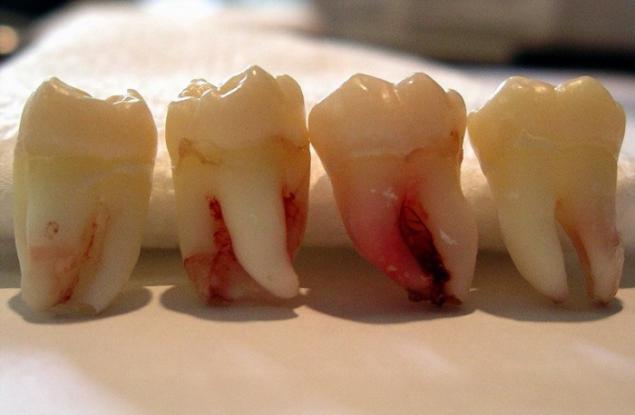
- appendix
This “baby” gives a person a lot of trouble. After all, appendectomy accounts for about 80% of all surgical interventions in the abdominal organs. In the Middle Ages, appendicitis was considered a death sentence. So what was useful to the worm-like process of the cecum?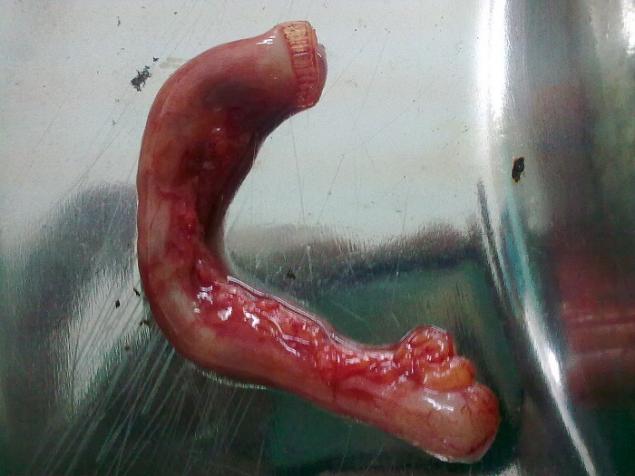
He gave our ancestors an opportunity. digestIt also helps in the functioning of the whole body. Nowadays, the appendix does not perform serious digestive functions, however, it still supports hormonal, secretory and protective functions.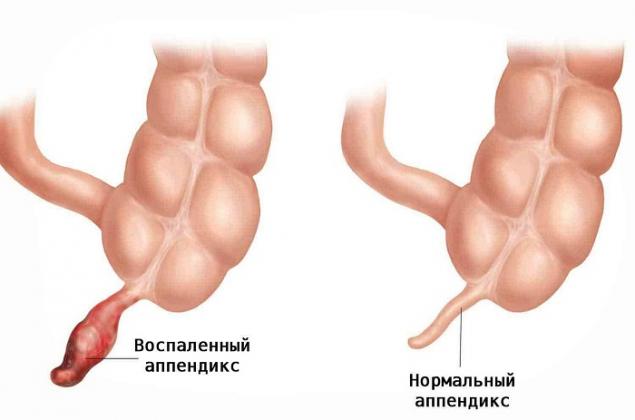
- Ear muscles
It is clear why our ancestors needed the muscles surrounding the auricle: they helped wiggleTo better hear the approach of predators, relatives or prey. The ear muscles are a classic example of a rudimentary organ. People who can move their ears,
They're still dating, and it looks pretty funny.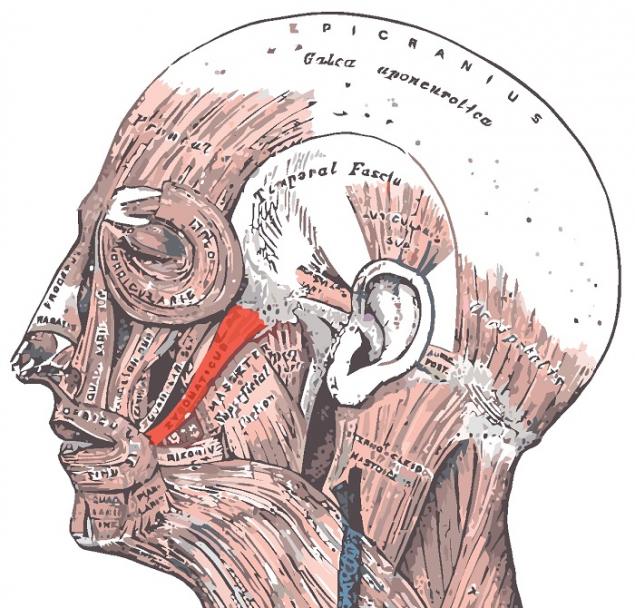
- Morganian ventricles of the larynx
These baggy indentations between true and false vocal folds were necessary for our ancestors to create a resonant voice. This helped create a series of specific sounds. socialize and protect the larynx.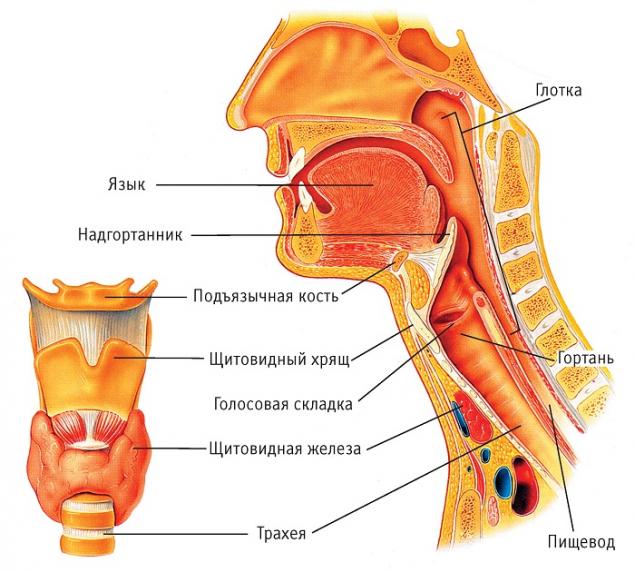
- Pyramidal abdominal muscle
This muscle is only relevant to marsupial. Many people do not have it at all. And the happy owners of this triangular muscle, it helps to stretch the white line of the abdomen.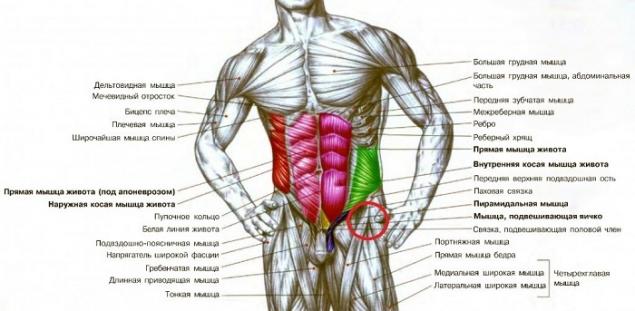
It is unlikely that anyone will want to part with his appendix, if he is healthy. The same can be said for wisdom teeth. Nevertheless, to know about such quirks of your body is extremely useful!
Do not forget to share this informative article with friends on social networks.
The hormone that preserves youth: a natural pill for old age!
A tool that fights tartar is better than ultrasound!









